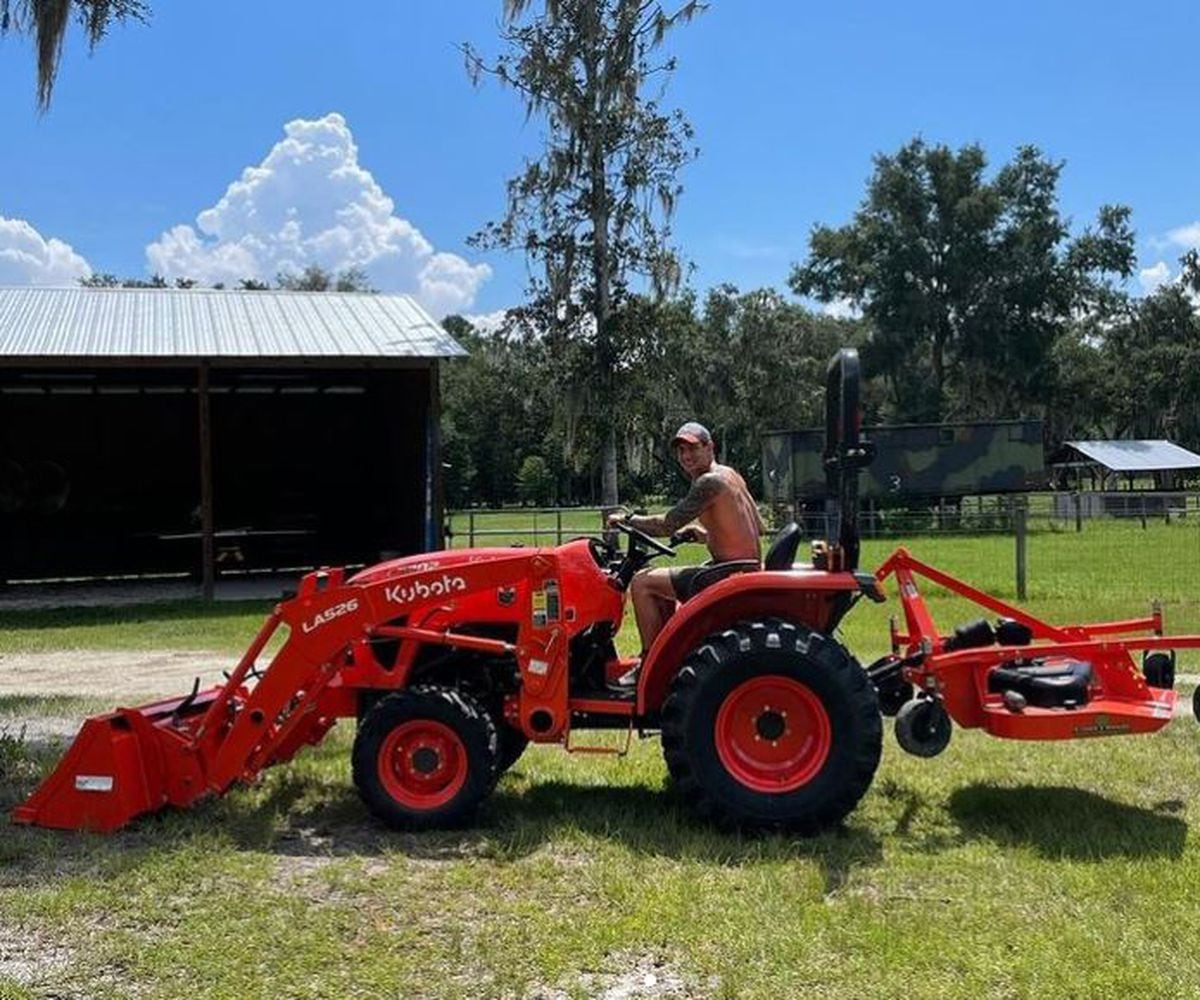The last thing that was known about Caeleb Dressel is that on June 22 he left the World Swimming Championships in Budapest for “medical reasons”.
It was the appointment of her return after an autumn and winter without desire for anything, on deck in her room.
The psychologist helped him manage depression.
In Budapest, after having changed her coach - she left Gregg Troy to join the group of Anthony Nesty, former Olympic butterfly player and head of the University of Florida - she aspired to win seven golds and recover the good feelings in the water.
She left without the competition coming to an end and after having won two golds (50m butterfly and 4x100 free).
The United States Swimming Federation issued a statement to explain Dressel's sudden goodbye that she had nothing to do with Covid.
“After parleying with Caeleb,
his coaches and medical staff, the decision has been made to withdraw him from the World Cups.
Our priority is and always will be the health of our athletes and we will continue to provide Caeleb with the assistance he needs to recover quickly.”
Last night, the 26-year-old swimmer posted several photos of his summer on Instagram, one of which shows him happy on a red tractor.
He said that he has not swum since the World Cups and invited those who need a break to take it.
“I haven't been here at all [on the social network], but I wanted to share what I've been doing.
I haven't swum since the World Cups and I can honestly say I've been happy without swimming.
I really miss him though.
I've done a number of things these past few months: I finally honeymooned in Iceland, bought a tractor, hiked part of the Appalachian Trail [a 2,000-mile hiking trail], swam with some sea cows.
I know that I can have swimming and happiness.
I had them both at one point in my life and I'm working on it.
If you need a break, take it.
I will be back".
Caeleb Dressel after the 100 free qualifiers at the Budapest World Championships in June. ANTONIO BRONIC (REUTERS)
Just as he did last fall, after confessing to journalist Graham Bensinger that he had suffered from depression after the Tokyo Games, Dressel returns to normalizing that mental health is important.
That it is necessary to take care of it, work on it, and that elite athletes are not machines that do not feel or suffer.
Michel Phelps also did it previously, the one with the most Olympic medals (28, 23 gold), which he told in the documentary
The Weight of Gold
[the weight of gold] the helplessness suffered by athletes, emotional and mental problems, depression.
“More than 80 percent of athletes suffer from depression after competing in the Olympics.
We have to do something and this is important,” he said.
One more voice, along with that of Simone Biles, who also stopped in Tokyo.
Because she couldn't.
And you may not be able to.
Even if your name is Biles or Phelps.
That is why your message and your wake-up call is so important.
By the pool of the Duna Arena in Budapest Dressel was never Dressel: that boy with a carefree face called to be the heir to Phelps, the world swimming star, the man who won five gold medals in Tokyo, the maximum glory, the clear horizon towards Paris 2024. It was shocking in Hungary to see Dressel's sometimes gloomy face with that of David Popovici, 17 years old, eyes full of light and brilliance, unconscious and naive, the new king of speed, the man -well, the boy- who won the 100 and 200 free.
And that in Rome, a week later at the Europeans in August, he became the youngest to break a record in the most legendary event in swimming, the 100. What is his limit?
How will you handle the pressure between now and Paris 2024?
And then?
It is even legitimate to ask.
Swimming is a sport that requires hours and hours of training, sacrifice, exhaustion.
Like almost everyone, but in this case, as sports psychologists recognize, it also forces you to be alone with yourself because the only thing you see under your nose for hours and hours is a blue or white tile.
And that is not always easy.
It forces you to face yourself, your thoughts, the passage of time, to try to recover your muscles for another round of training sessions, for another competition.
To the adrenaline of high competition, to the emptiness that is felt after winning one gold after another.
To look for the motivations to continue training despite having drawers full of medals.
to the expectations of others.
Not to forgive you, as Dressel confessed of not having beaten his best marks in 50 and 100 free,
Federica Pellegrini said in an interview with this newspaper that there is no money to pay for the physical suffering of swimming, that swimmers are masochists: “we train hard for a year for four minutes, at most, of running.
It is a fire that you have inside.”
It is the one that has ended up burning Dressel, who wants to return, but is happy.
You can follow EL PAÍS Deportes on
and
, or sign up here to receive
our weekly newsletter
.

